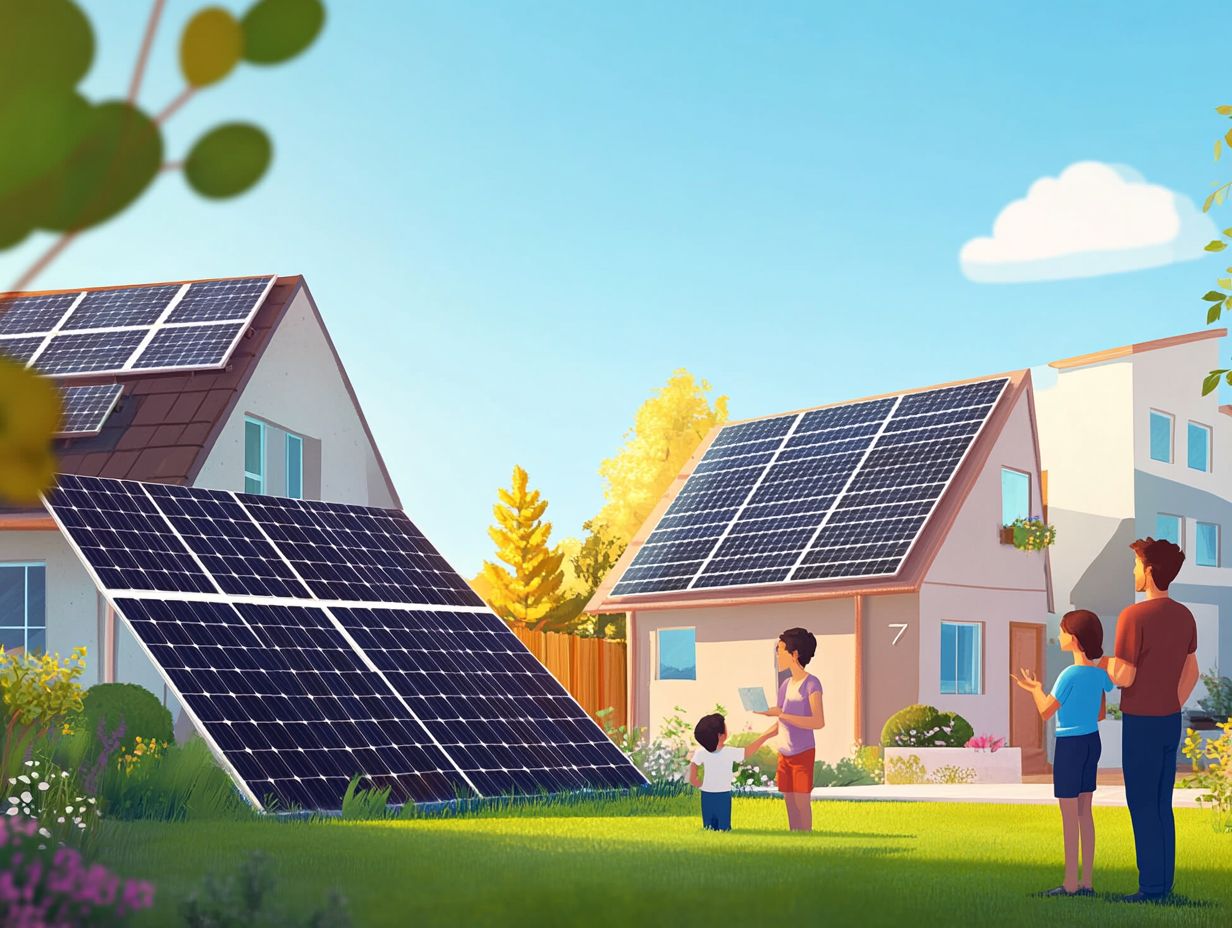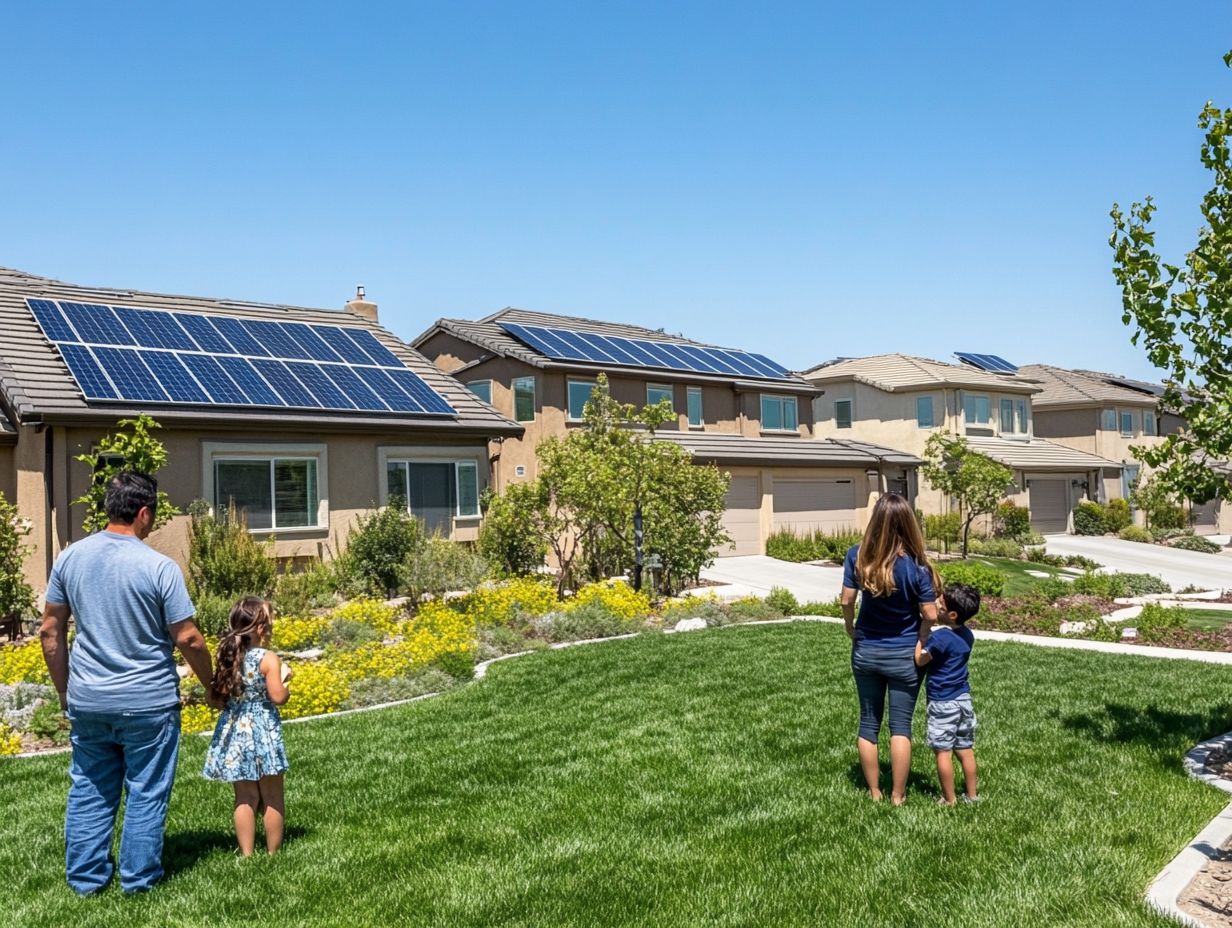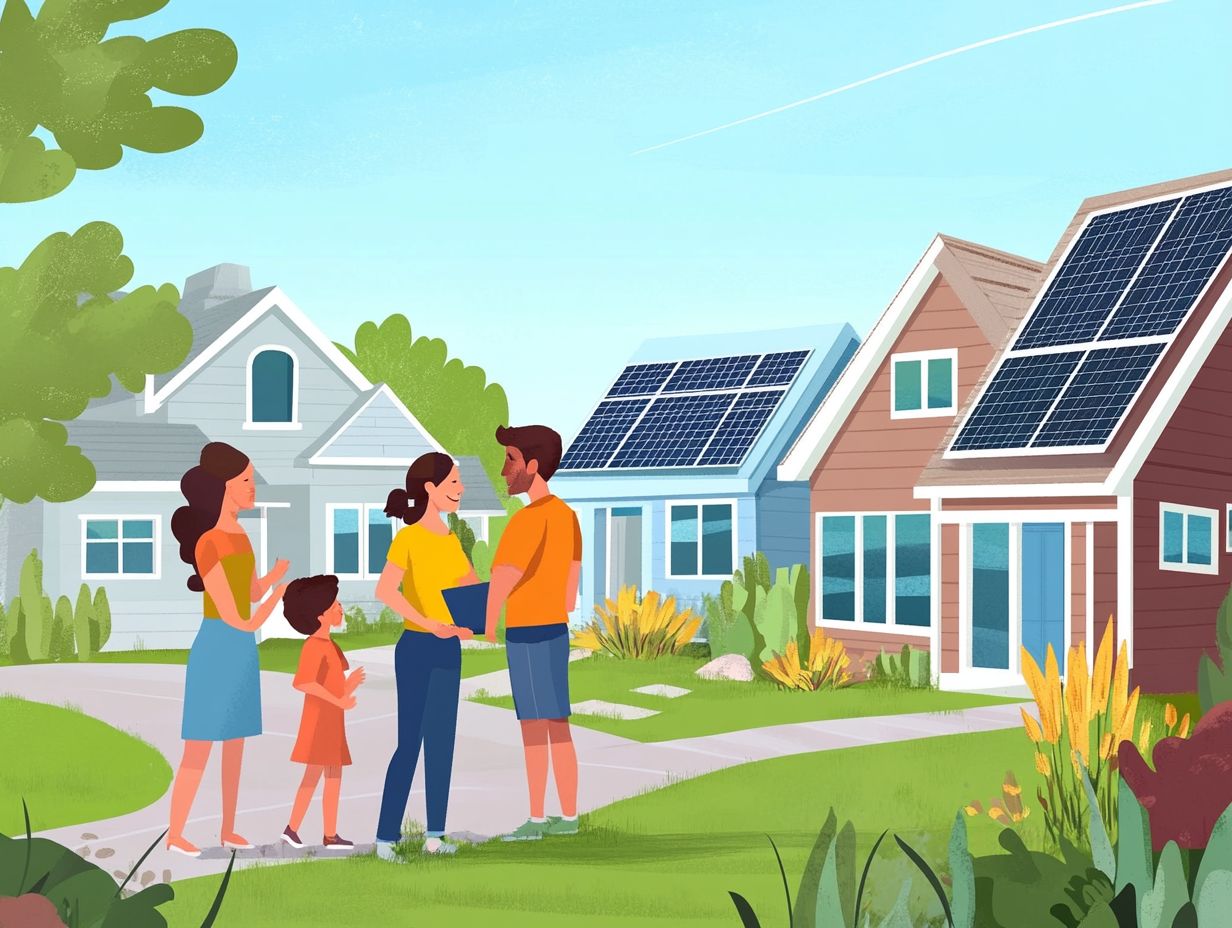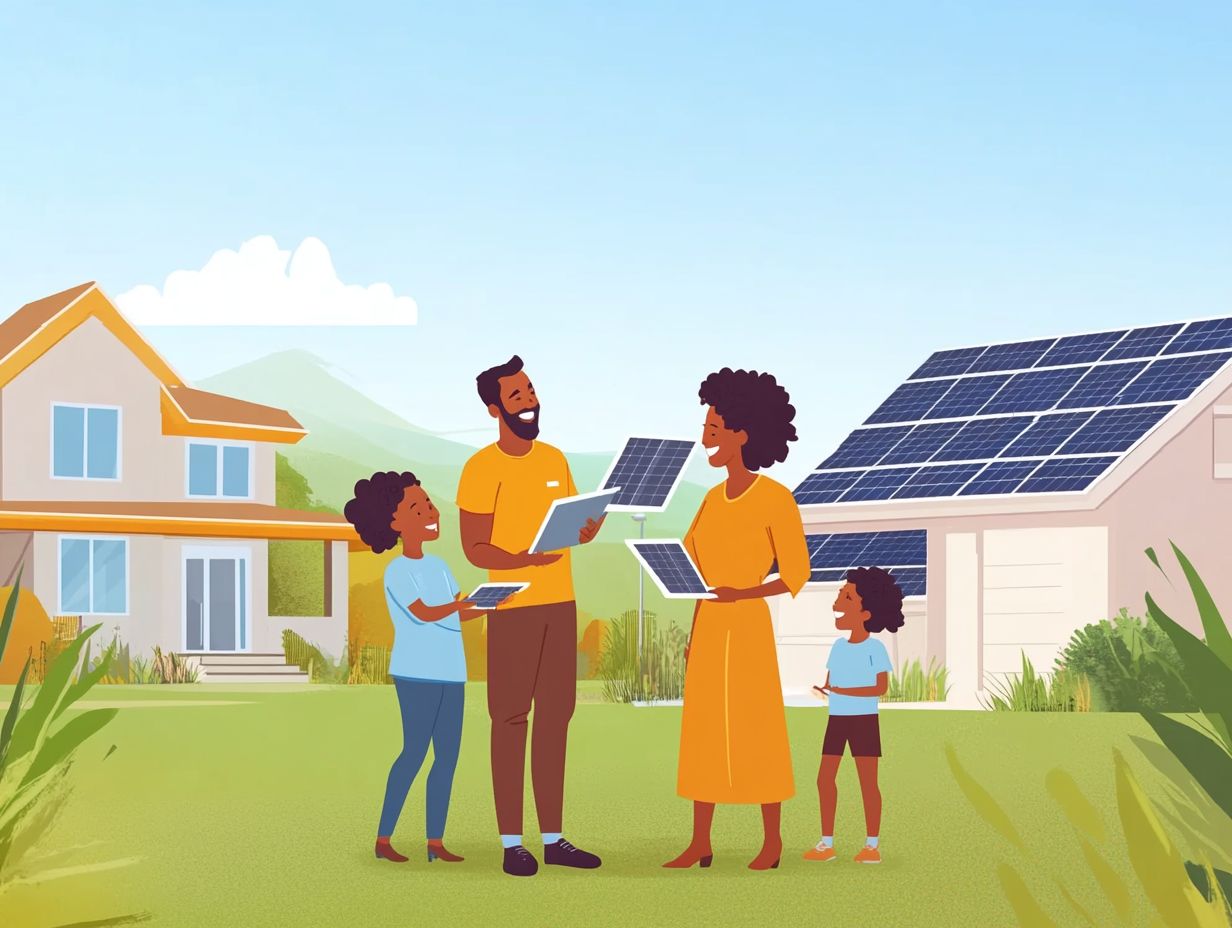Discover the Benefits: Is Solar Energy Worth It for Homeowners?
Solar energy has become a popular and sustainable option for homeowners aiming to reduce their carbon footprint and energy bills, while contributing to climate change mitigation through renewable energy solutions.
This article explains the basics of solar energy systems, including how they work, their advantages, and disadvantages for home use, highlighting the environmental benefits and energy efficiency.
It covers the financial aspects of installing solar panels, including installation costs, long-term savings, and return on investment, while also discussing financing options and solar incentives.
Important factors such as energy production estimates, site assessment, and shading analysis are discussed, ensuring you have all the information needed to make an informed decision regarding solar power adoption.
Find out if solar energy is a good option for your home by considering solar power benefits, potential energy savings, and home value increase.
What is Solar Energy?

Solar energy is the light and heat from the sun, captured using solar technologies to produce electricity or heat for homes and businesses.
This renewable energy source is becoming more popular as homeowners look for sustainable ways to reduce their carbon footprint and save on utility bills.
Photovoltaic systems provide an eco-friendly option that supports energy independence and aligns with the global shift toward cleaner energy.
Explanation of Solar Energy and How it Works
Solar panels generate electricity by converting sunlight into power through photovoltaic cells, which are key parts of residential solar systems and renewable energy systems.
In this process, sunlight excites electrons in the cells, creating a direct current (DC). This DC is then converted into an alternating current (AC) that can be used in homes, contributing to energy consumption reduction and smart home integration.
Connecting the solar system to the grid allows homeowners to use power from the grid when solar production is low and to send excess electricity back, increasing energy efficiency through net metering and supporting grid resilience. This connection ensures a steady power supply and reduces reliance on fossil fuels.
Using solar technology not only cuts electricity bills but also boosts property value, appealing to environmentally conscious users looking for long-term financial benefits, including solar tax deductions and potential government grants.
Pros and Cons of Using Solar Energy for Homeowners

For homeowners thinking about adopting solar energy, it is important to consider the pros and cons of solar installations, as these factors can greatly affect overall satisfaction and investment results.
Advantages and Disadvantages of Solar Energy
Solar energy offers significant benefits such as saving money on utility bills, gaining energy independence, and qualifying for various tax credits, making it appealing for environmentally conscious homeowners.
Switching to solar power can also reduce carbon footprints, supporting environmental sustainability for future generations and promoting sustainable living practices.
Homeowners can use state and federal incentives, including tax credits and utility incentives, to further decrease installation costs, making solar energy a financially wise option.
However, it’s essential to consider drawbacks like the upfront cost of installation and the variability in energy output due to factors like weather and location, as well as the need for energy storage solutions, such as battery systems. These factors can impact overall savings, so it’s crucial to assess both the long-term benefits and potential challenges of adopting solar energy.
Financial Considerations for Installing Solar Panels

When considering solar panels, homeowners need to assess the financial aspects, including installation costs, potential returns, and different financing options in the solar energy market.
Costs, Savings, and Return on Investment
For homeowners, understanding the costs, savings, and return on investment of solar panels is key to deciding whether to adopt solar energy, as a thorough cost-benefit analysis can clarify the economic impact.
Homeowners should compare installation costs with the potential savings on utility bills to see the financial impact, while considering different financing models and lease agreements. Although the upfront cost might seem high, decreasing solar panel prices and available incentives can offset these expenses over time.
A key part of this assessment is knowing the amortization and payback period, which shows how quickly initial costs can be recovered through energy savings.
Exploring solar financing options can improve overall returns, allowing homeowners to install solar systems without a large initial payment. The right financing can lead to lower monthly payments, making solar energy more accessible and maximizing long-term financial benefits.
Factors to Consider before Installing Solar Panels

Before investing in solar panels, homeowners should consider important factors like location, roof orientation, and the size of the solar system, as these aspects greatly affect energy production and system efficiency.
Location, Roof Orientation, and Maintenance
The location and roof orientation of a home are important for determining the solar system size needed to meet energy demands effectively, factoring in localized energy production and energy policies.
Factors such as geographical latitude and climate greatly influence the amount of solar energy available, which can affect energy generation capacity and household energy needs. Homes in sunnier regions have higher solar potential, while those in cloudy areas may produce less energy.
The direction and angle of the roof are also crucial. South-facing roofs capture the most sunlight during the day, maximizing energy yield and the overall efficiency of the solar panels.
Future homeowners should consider maintenance costs, which can vary depending on local regulations and performance monitoring requirements, to ensure the longevity and effectiveness of their solar investment, as well as installation time and potential homeowner association rules.




